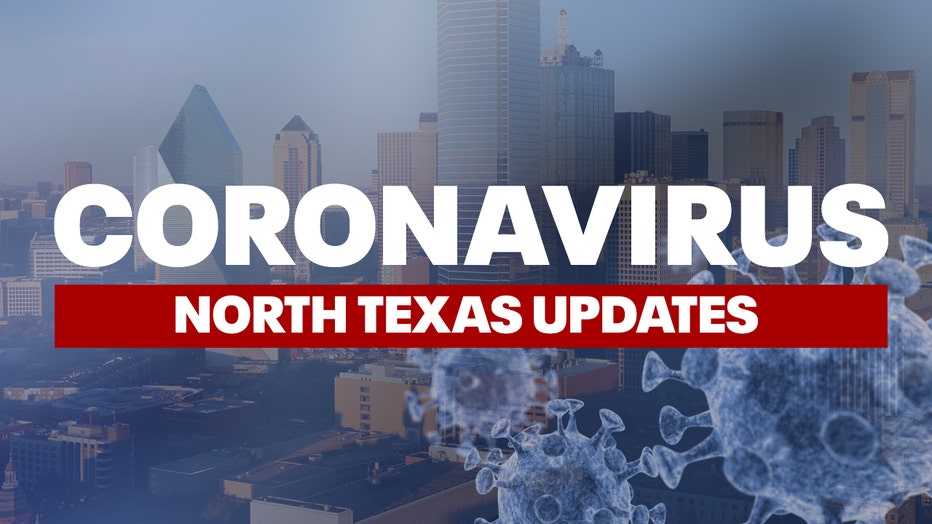Doctors warning North Texans about recent rise in COVID-19 cases

Doctors warning North Texans about recent rise in COVID-19 cases
A close cousin of the omicron variant is driving increased spread of COVID-19 in North Texas.
DALLAS - A close cousin of the omicron variant is driving increased spread of COVID-19 in North Texas.
More than a quarter of patients across the state are testing positive, and more people could be testing positive than we know.
Doctors are urging people to put their guard up again, particularly pointing to the BA.5 subvariant that is spreading very easily.
Officials across North Texas are again sounding the alarm.
This time, a new subvariant of omicron is driving cases and hospitalizations up.
"So this is something that is very effective at transmitting from person-to-person," said Dr. Peter Hotez, who is with the Baylor College of Medicine. "And if you're not vaccinated or if you're under-vaccinated, it can cause still severe disease."
Researchers at UT Southwestern say more than half of positive tests are coming from two subvariants of the omicron variant that slammed the country over the winter.
Dr. Hotez said with the availability of home testing, cases are likely a lot higher than even what’s being reported.
"So we're probably looking easily at over 100,000 new cases a day in the state of Texas, which means it's as significant as the last Omicron variant, and unfortunately, lots of hospitalizations," he explained. "And nationally, we're still seeing a lot of deaths, so this is a pretty serious wave."
Researchers at the Parkland Center for Clinical Innovation note that in Dallas County, cases are up nearly 20% week over week, and up more than 30% among youth.
Cook Children’s said it saw the seven-day average positivity rate jump from around 8% in early June, to nearly 22% now.
Both Tarrant and Dallas counties raised risk levels Wednesday.

RELATED: Dallas and Tarrant counties raise COVID-19 risk level
Dallas County had been in the green territory since mid-April.
"We're seeing a lot more COVID spreading around, and these variants are incredibly easy to catch," Dallas County Judge Clay Jenkins said.
It’s still unclear how the spread will play out in coming months.
Hospitalizations remain low, but they're increasing by roughly 20% week over week.
UT Southwestern researchers say hospital levels "…should remain at manageable levels over the next several weeks…" but "….could return to elevated levels by mid-summer if trends persist."
"So this is a time where you don't want to screw around, and get yourself fully vaccinated and boosted," Dr. Hotez added.

